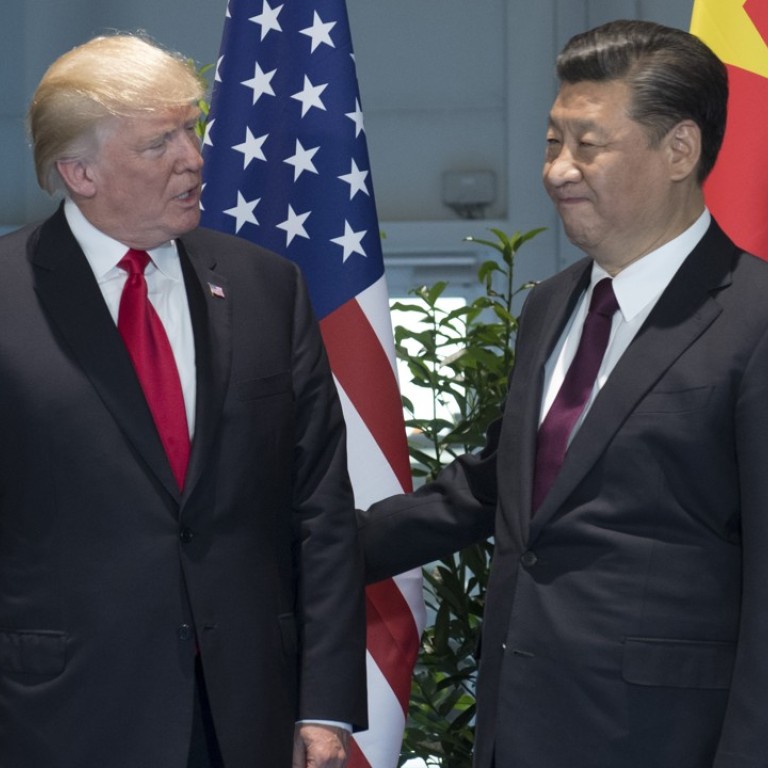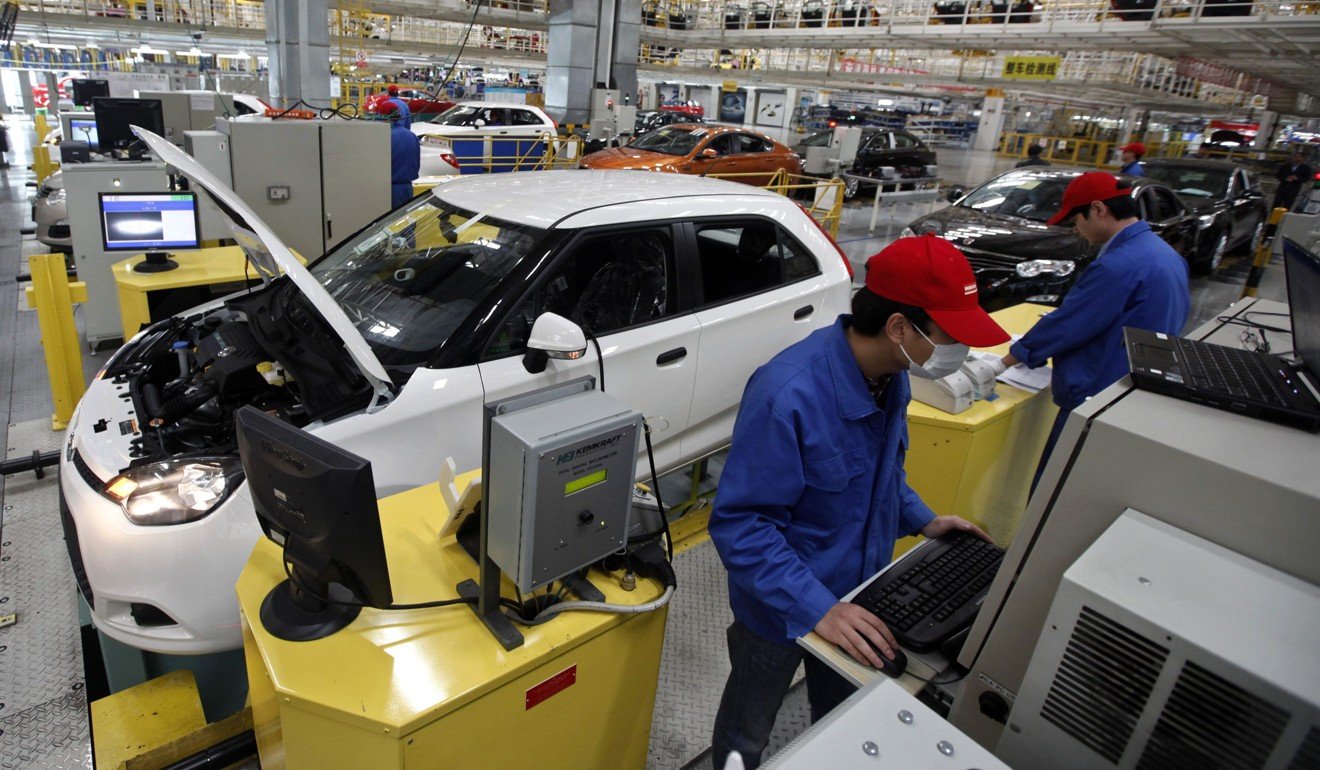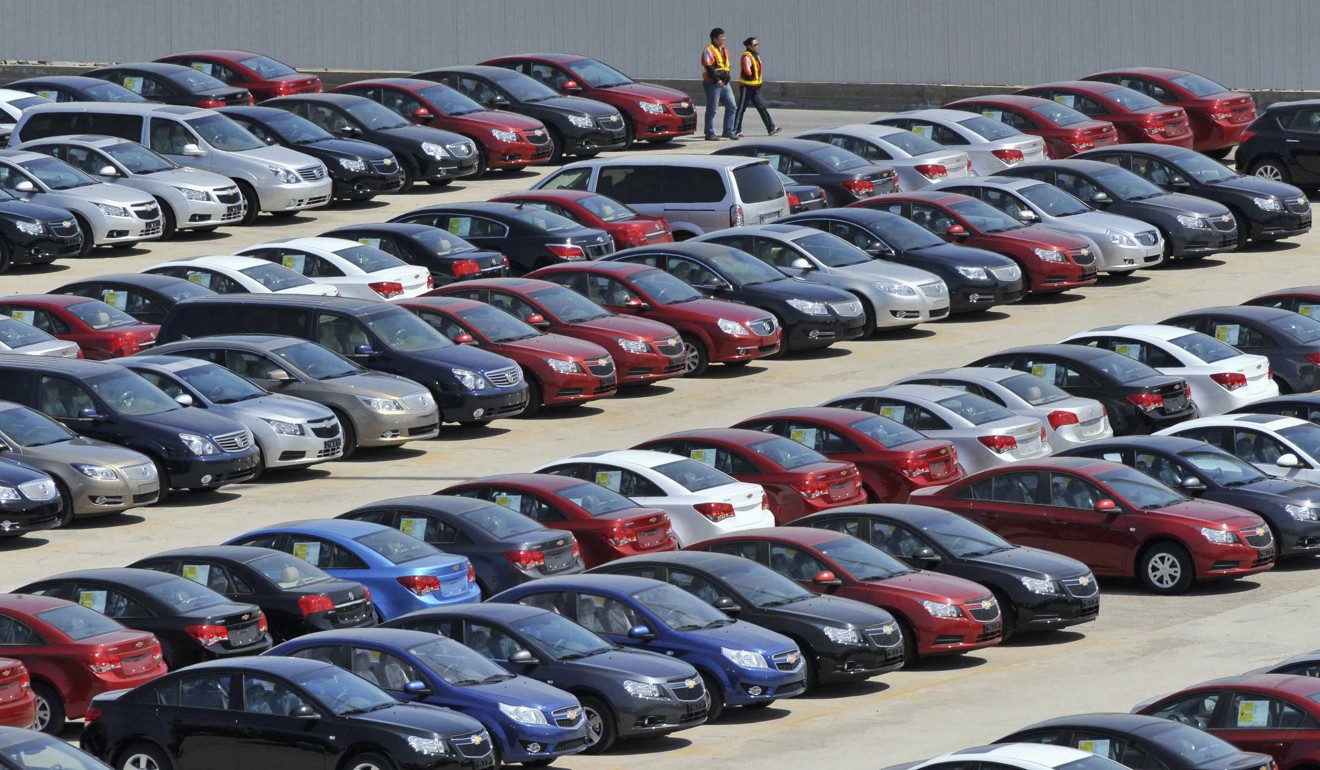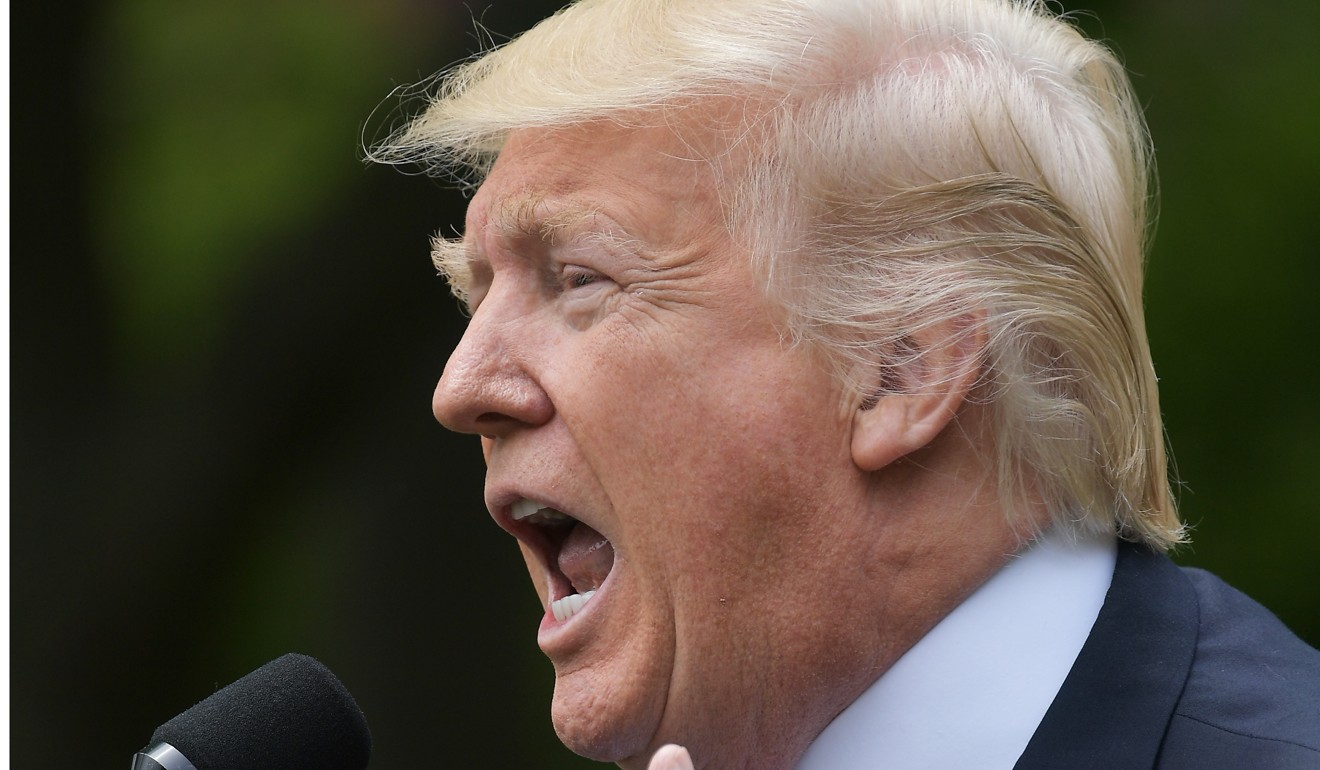
Beijing may relax some foreign investment caps during Trump’s visit
Loosening of ownership caps could come in sectors where Chinese companies already possess a competitive edge as part of wider opening of economy
China could loosen foreign ownership caps for joint ventures in some sectors where Chinese companies already have a competitive edge when US President Donald Trump visits Beijing next month, analysts said.
“This is an area that the US and others have raised with China again and again, and it’s possible that China may be open to concessions” when Trump visits, Scott Kennedy, a China expert at the Washington-based Centre for Security and International Studies, said at an event hosted by the Council on Foreign Relations.
Foreign ownership caps in China vary across industries, with some at 49 per cent, 50 per cent or 20 per cent.
Kennedy’s remarks came as the White House on Monday announced Trump’s itinerary for a seven-day swing through Asia, including a visit to Beijing on November 8 for a series of bilateral, commercial and cultural events and meetings with President Xi Jinping. Trump also will makes stops in Japan, South Korea, Vietnam and the Philippines.

The Trump administration has been pressing China to expand market access and give reciprocal treatment to US companies in China.
The two sides had agreed in May that by July 16 China would allow wholly foreign-owned financial services firms in China to provide credit rating services, and to begin the licensing process for credit investigation.
But the world’s two largest economies appeared on the verge of a trade war in July after failing to reach agreement in Washington during the first round of the US-China Comprehensive Economic Dialogue.
Last December, China’s state planner, the National Development and Reform Commission (NDRC), issued guidelines listing priority sectors for liberalisation, but the timetable and extent of the opening were not clear.
The investment caps on some types of foreign securities companies appeared to have been removed, Reuters reported.

The NDRC also has decided to lift restrictions on foreign investment in the transport sector and in unconventional oil and gas production.
Trump will begin his Asia trip in Japan, where he will meet Prime Minister Shinzo Abe. On November 7, the US president will visit South Korea for a meeting with President Moon Jae-in. In a speech at the National Assembly, Trump was expected to call on the international community to help maximise pressure to rein in North Korea’s nuclear weapons programme and threats, the White House said.

After China, Trump will head to Danang, Vietnam, on November 10 to take part in the Asia-Pacific Economic Cooperation (Apec) Economic Leaders’ Meeting and speak at the Apec CEO Summit.
On November 11, the US president will travel to Hanoi, Vietnam to meet President Tran Dai Quang.
Trump will conclude his Asian trip with a two-day visit to the Philippines. On November 12 he will take part in a dinner celebrating the 50th anniversary of Asean. On November 13 he will meet President Rodrigo Duterte of the Philippines and mark the 40th anniversary of US-Asean relations at the US-Asean Summit.

